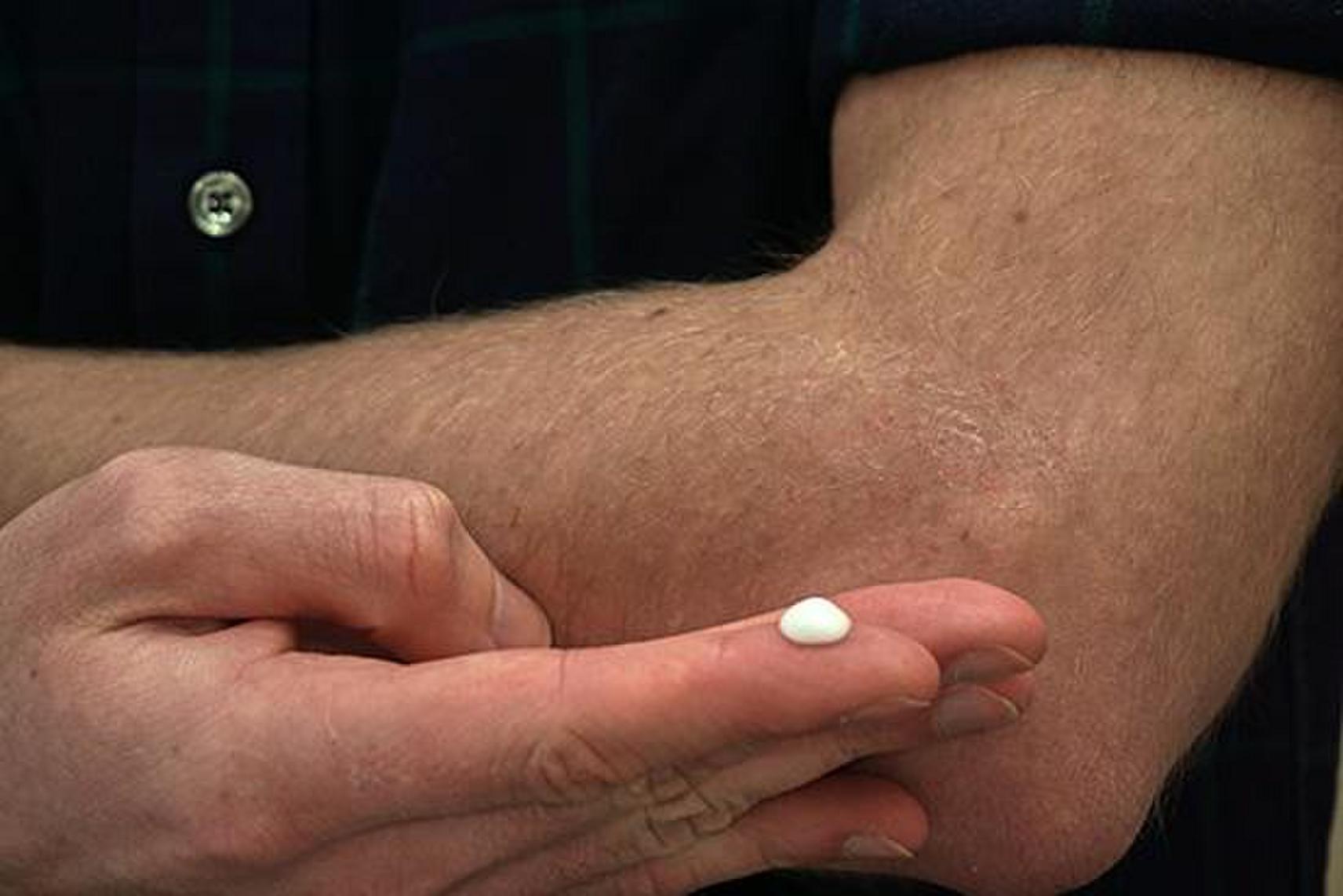

Finding Relief for Dry and Itchy Skin
Understanding the Causes
Dry and itchy skin can be a frustrating and uncomfortable condition that affects people of all ages. It can be caused by a variety of factors, including environmental triggers, skin conditions, and lifestyle habits. Understanding the underlying causes of dry and itchy skin is the first step towards finding effective relief.
Environmental Triggers
Environmental factors such as cold weather, low humidity, and exposure to harsh chemicals can strip the skin of its natural oils, leading to dryness and irritation. Indoor heating during the winter months can further exacerbate the problem by drying out the air and parching the skin. Additionally, hot showers and frequent bathing can strip the skin’s moisture barrier, leaving it vulnerable to dryness and itching.
Skin Conditions
Certain skin conditions, such as eczema, psoriasis, and dermatitis, can cause chronic dryness and itching. These conditions are characterized by inflammation and dysfunction of the skin barrier, leading to symptoms such as redness, flakiness, and intense itching. Managing underlying skin conditions is essential for relieving dry and itchy skin and preventing flare-ups.
Lifestyle Habits
Lifestyle habits, such as excessive bathing, using harsh soaps or detergents, and wearing tight or irritating clothing, can contribute to dry and itchy skin. Overwashing can strip the skin of its natural oils, while harsh chemicals in soaps and detergents can further irritate sensitive skin. Opting for gentle cleansers, wearing breathable fabrics, and moisturizing regularly can help alleviate dryness and itching caused by lifestyle factors.
Moisturizing Techniques
Moisturizing is a crucial step in managing dry and itchy skin. Choosing the right moisturizer for your skin type and applying it regularly can help replenish lost moisture and strengthen the skin’s barrier function. Look for moisturizers containing ingredients such as hyaluronic acid, glycerin, and ceramides, which help attract and retain moisture in the skin. Applying moisturizer immediately after bathing or showering can help lock in moisture and prevent dryness.
Avoiding Irritants
Avoiding irritants and allergens is essential for preventing and managing dry and itchy skin. Opt for fragrance-free and hypoallergenic skincare products to minimize the risk of irritation. Avoiding long, hot showers and harsh soaps can also help prevent further drying of the skin. If you suspect that certain foods or environmental allergens may be contributing to your symptoms, consider keeping a journal to track potential triggers.
Natural Remedies
Many natural remedies can provide relief for dry and itchy skin. Ingredients such as oatmeal, coconut oil, and aloe vera have moisturizing and soothing properties that can help alleviate symptoms. Taking short, lukewarm baths with colloidal oatmeal or applying aloe vera gel directly to the affected areas can provide immediate relief from itching and inflammation. Additionally, incorporating foods rich in omega-3 fatty acids, such as salmon and flaxseeds, into your diet can help nourish and hydrate the skin from the inside out.
Seeking Professional Help
If home remedies and lifestyle changes fail to provide relief, it may be time to seek professional help. A dermatologist can evaluate your skin condition, identify any underlying causes of dry and itchy skin, and recommend appropriate treatments. This may include prescription-strength moisturizers, topical corticosteroids, or oral medications to reduce inflammation and itching. Additionally, dermatologists can offer personalized skincare advice tailored to your specific needs and concerns.
Preventing Future Flare-Ups
Preventing future flare-ups of dry and itchy skin requires a proactive approach to skincare. Establishing a regular skincare routine that includes gentle cleansing, moisturizing, and sun protection can help maintain the health and integrity of your skin barrier. Avoiding known triggers, such as harsh soaps, allergens, and extreme temperatures, can also help prevent flare-ups. By taking steps to protect and nourish your skin, you can reduce the frequency and severity of dry and itchy skin episodes.
Embracing Healthy Skin
Managing dry and itchy skin requires a multifaceted approach that addresses underlying causes, moisturizes the skin, and prevents future flare-ups. By understanding the triggers of dryness and itching, adopting gentle skincare practices, and seeking professional help when needed, you can find relief and embrace healthy, comfortable skin. With patience and perseverance, you can overcome dry and itchy skin and enjoy smoother, softer, and more radiant skin.



